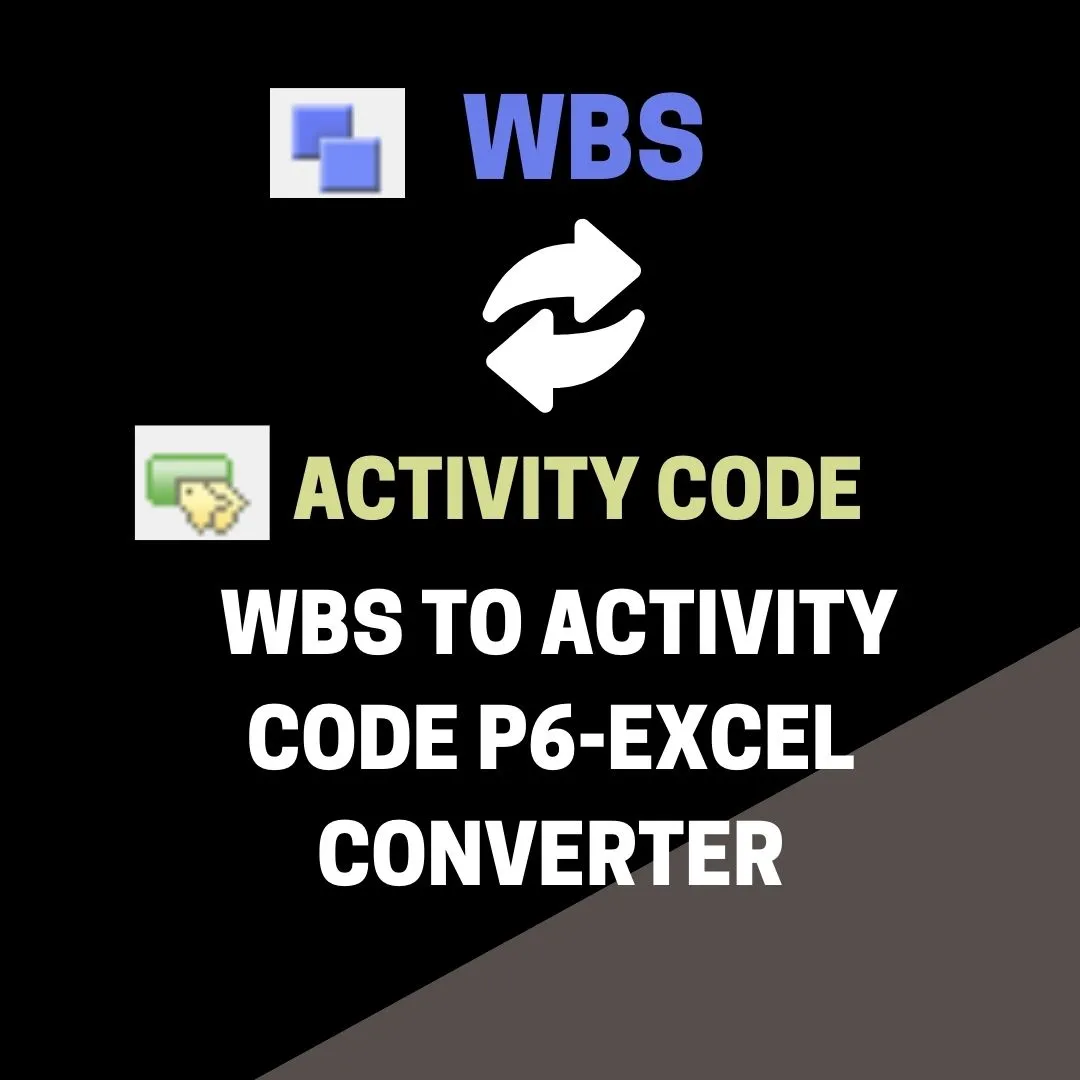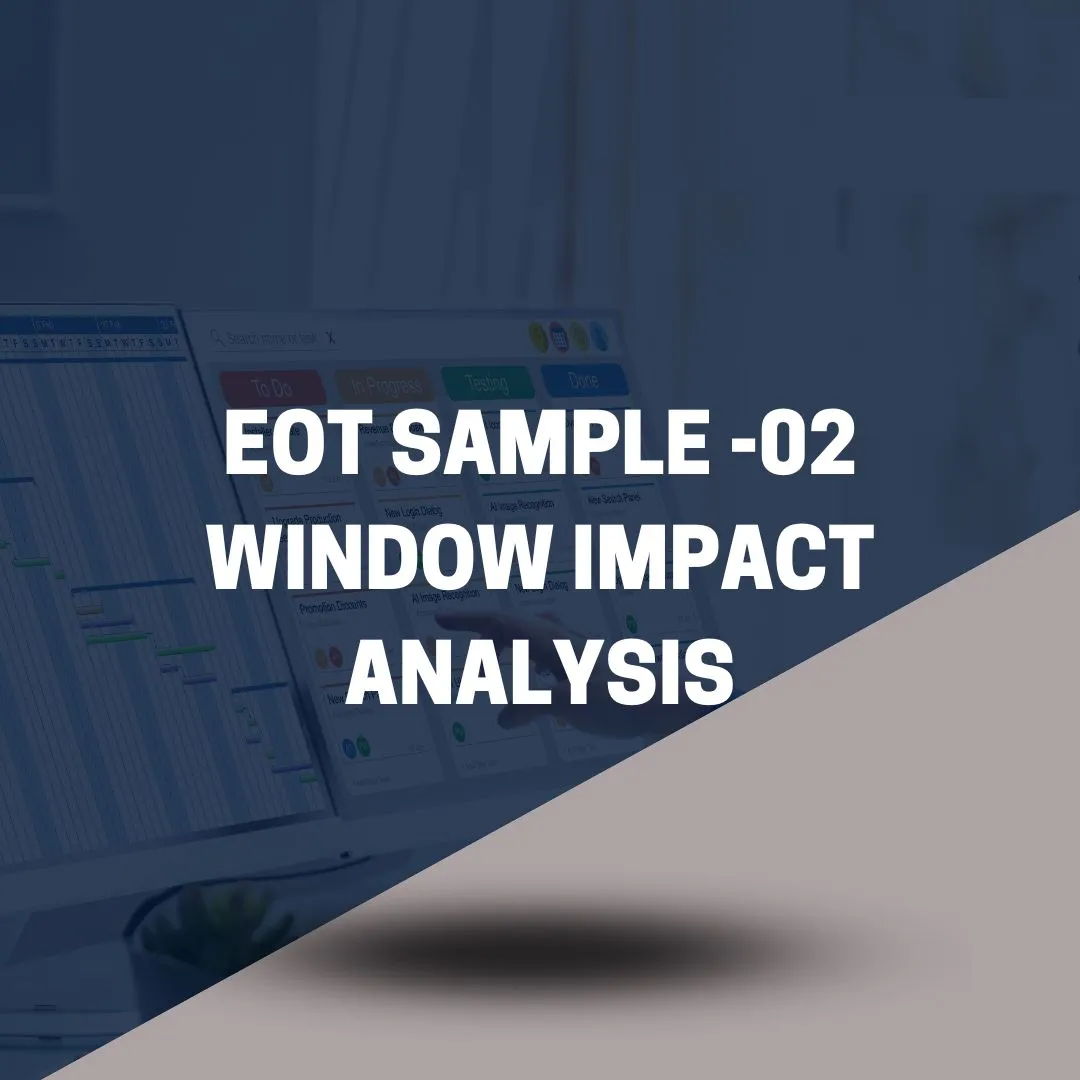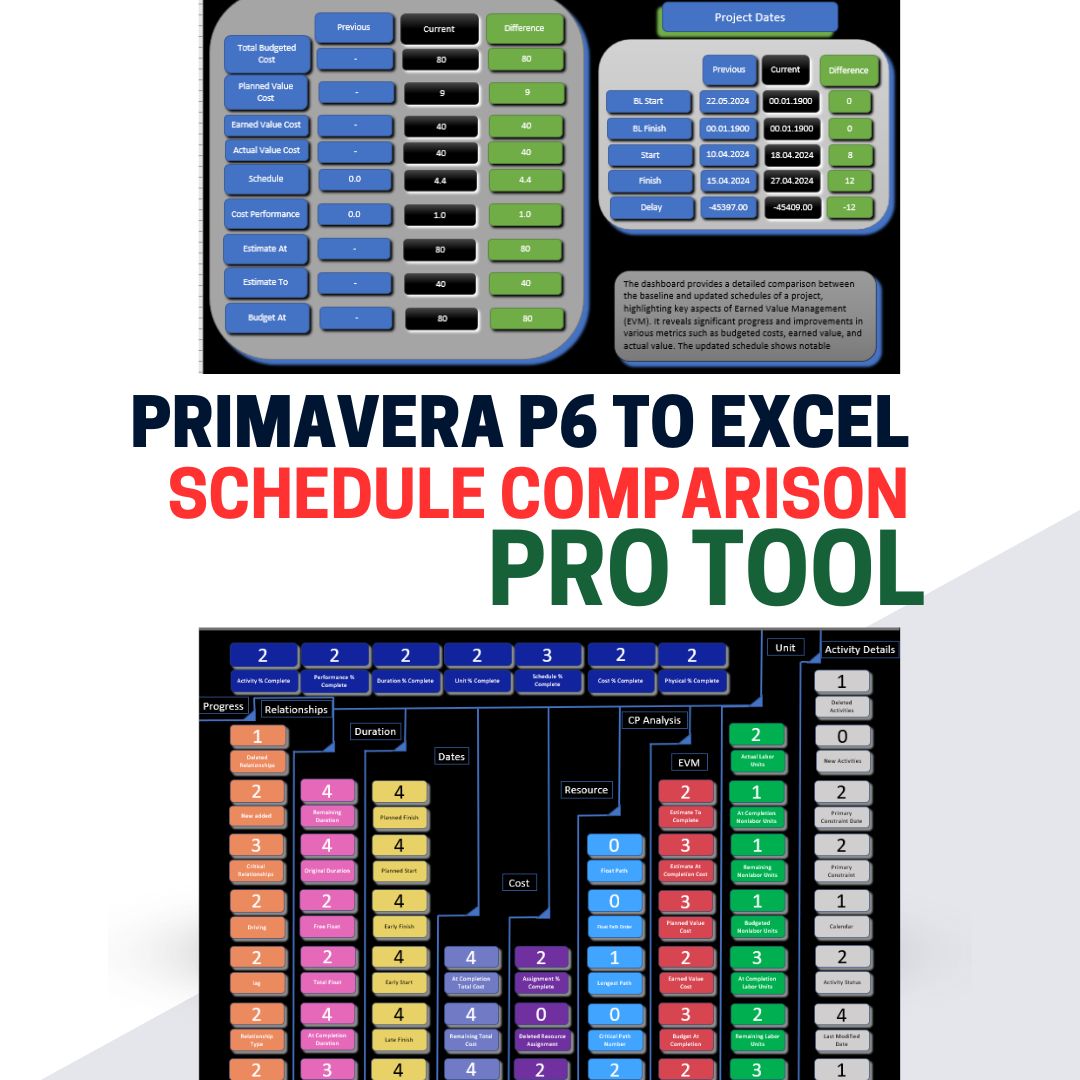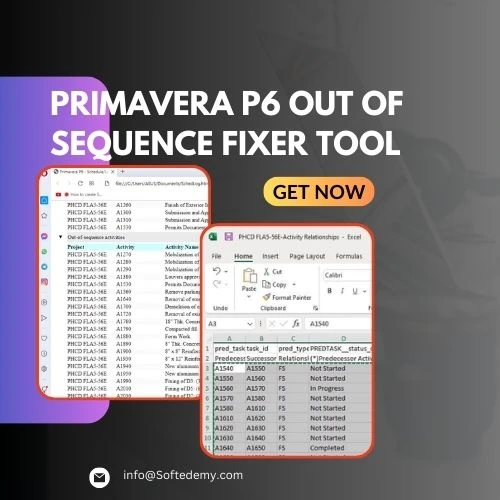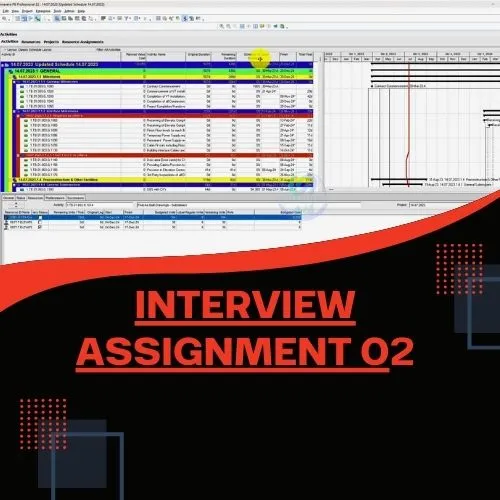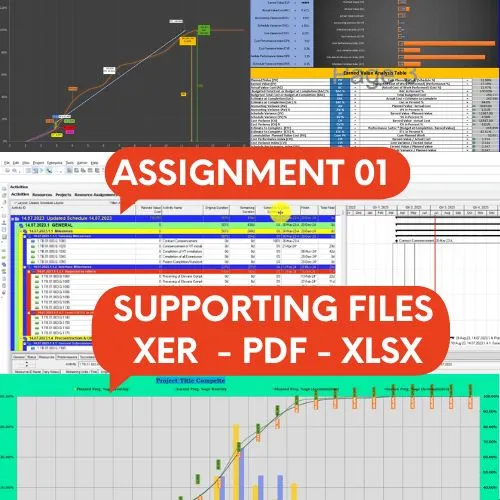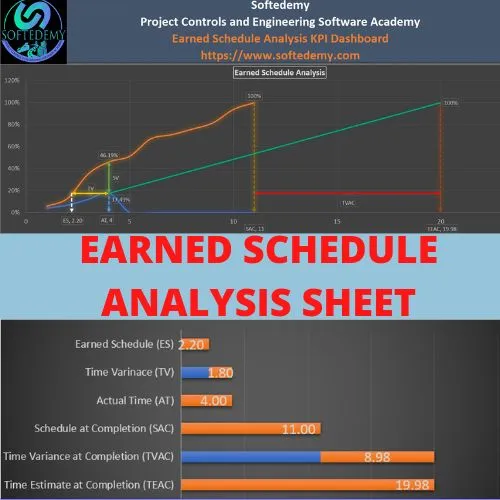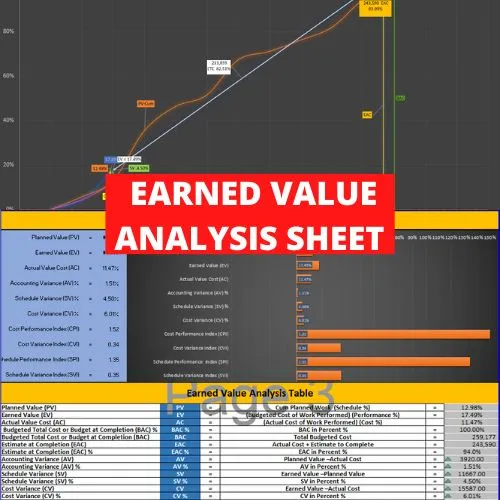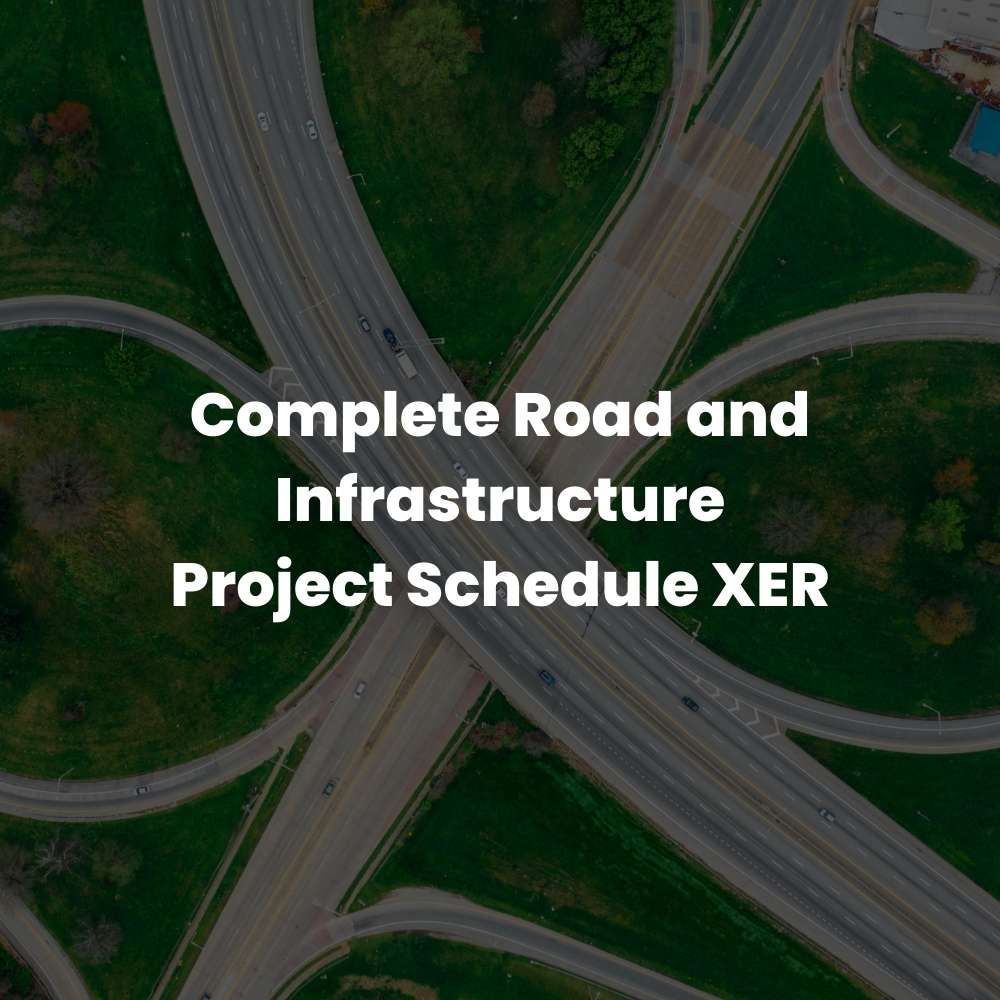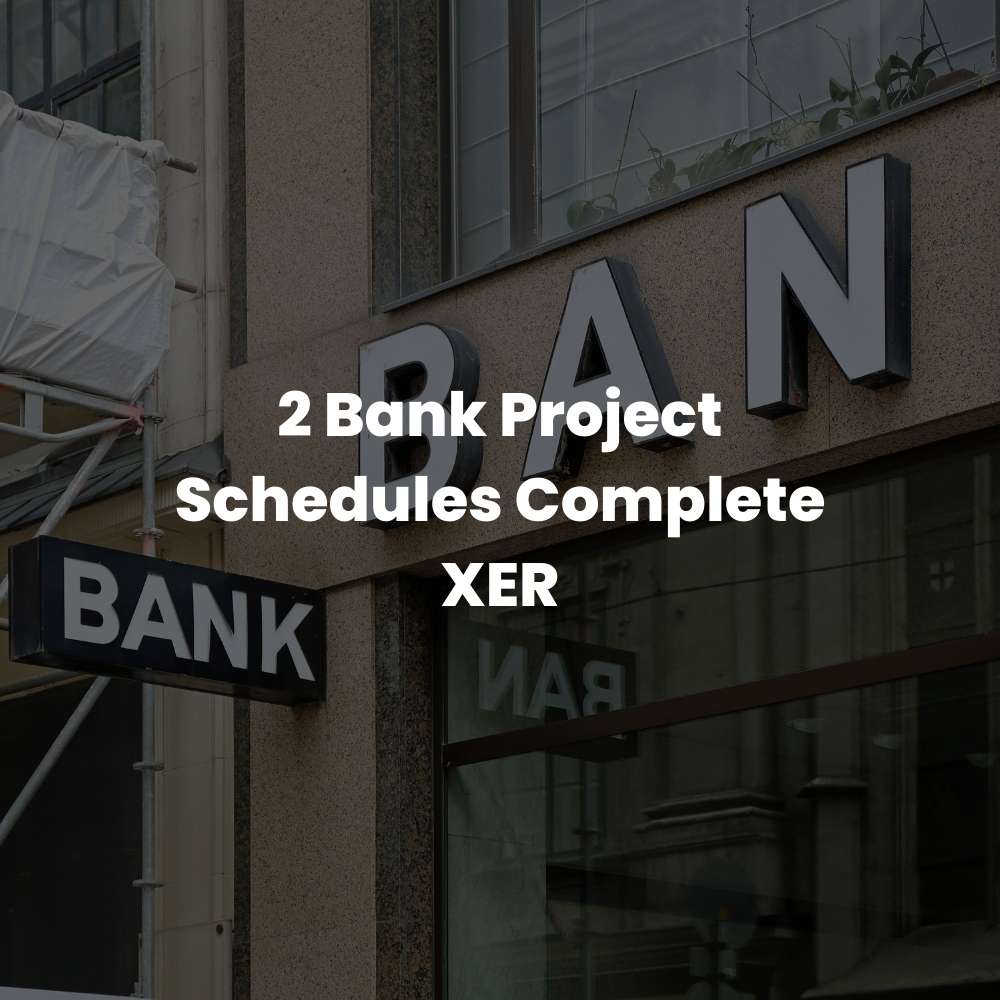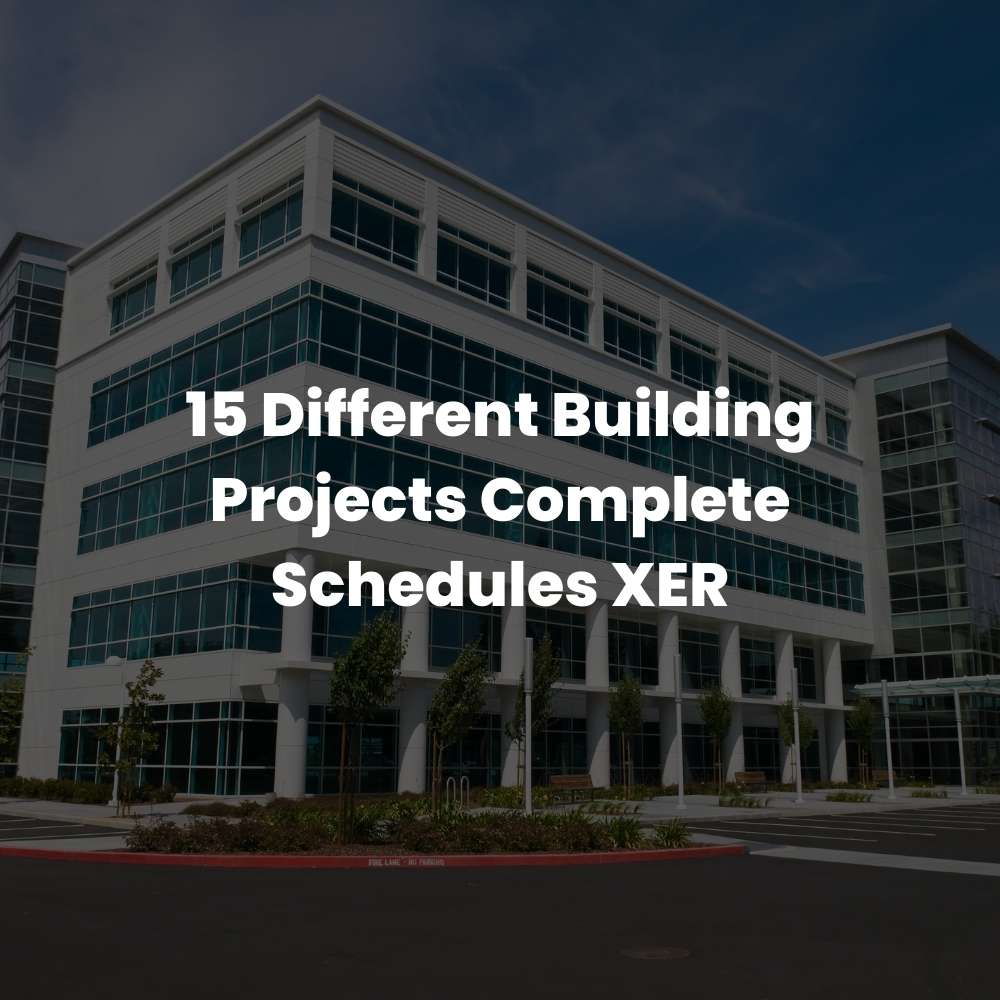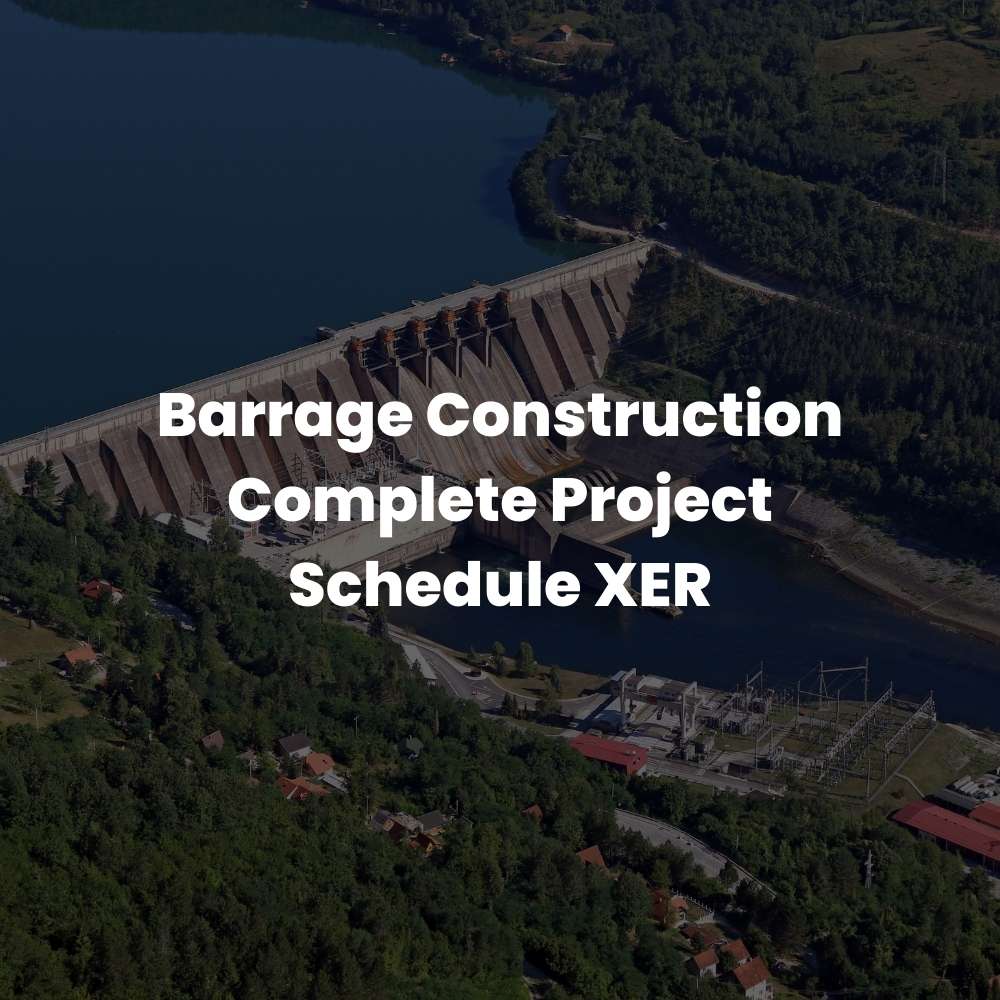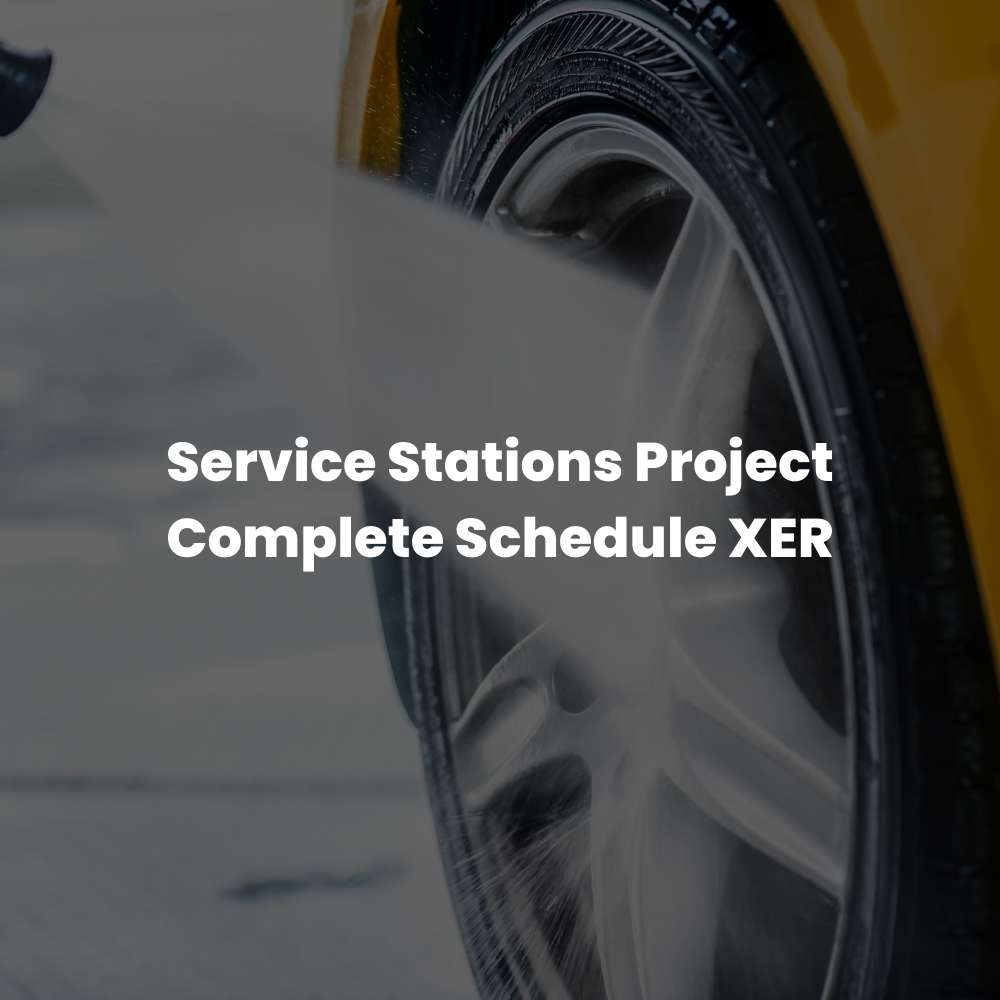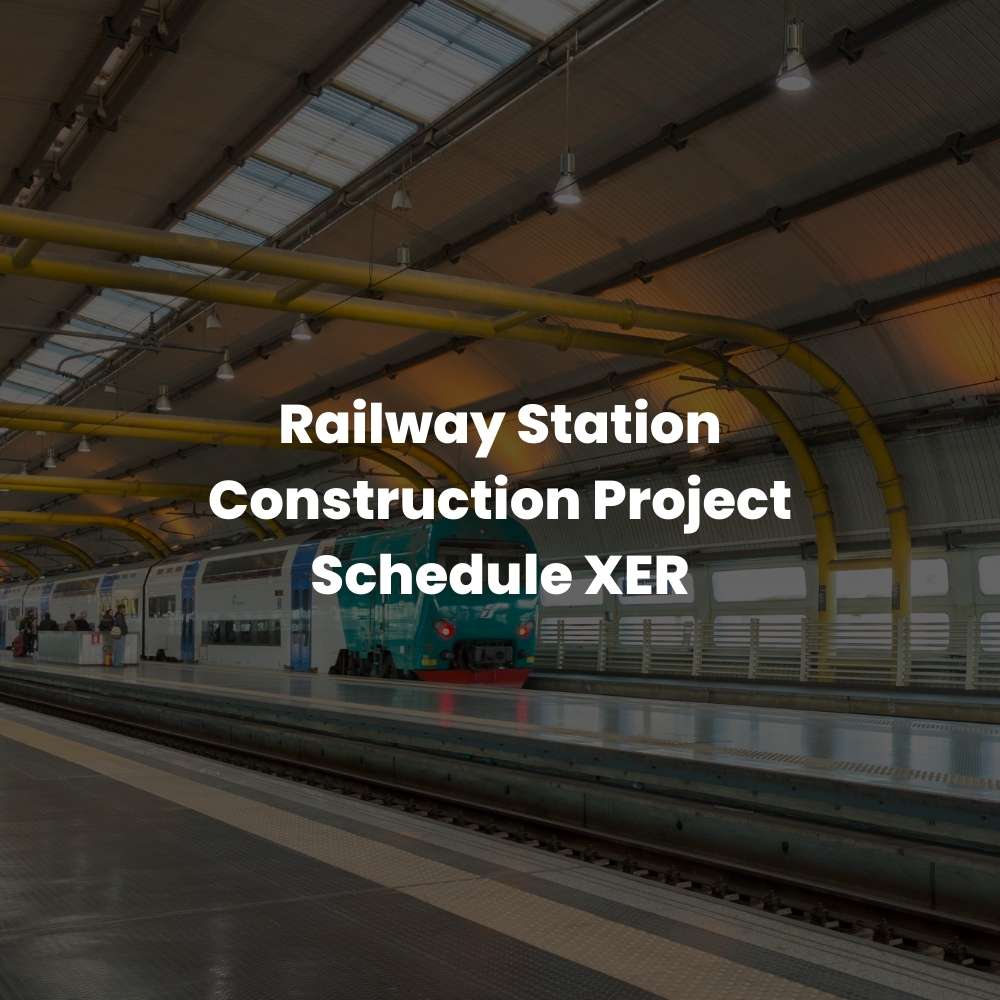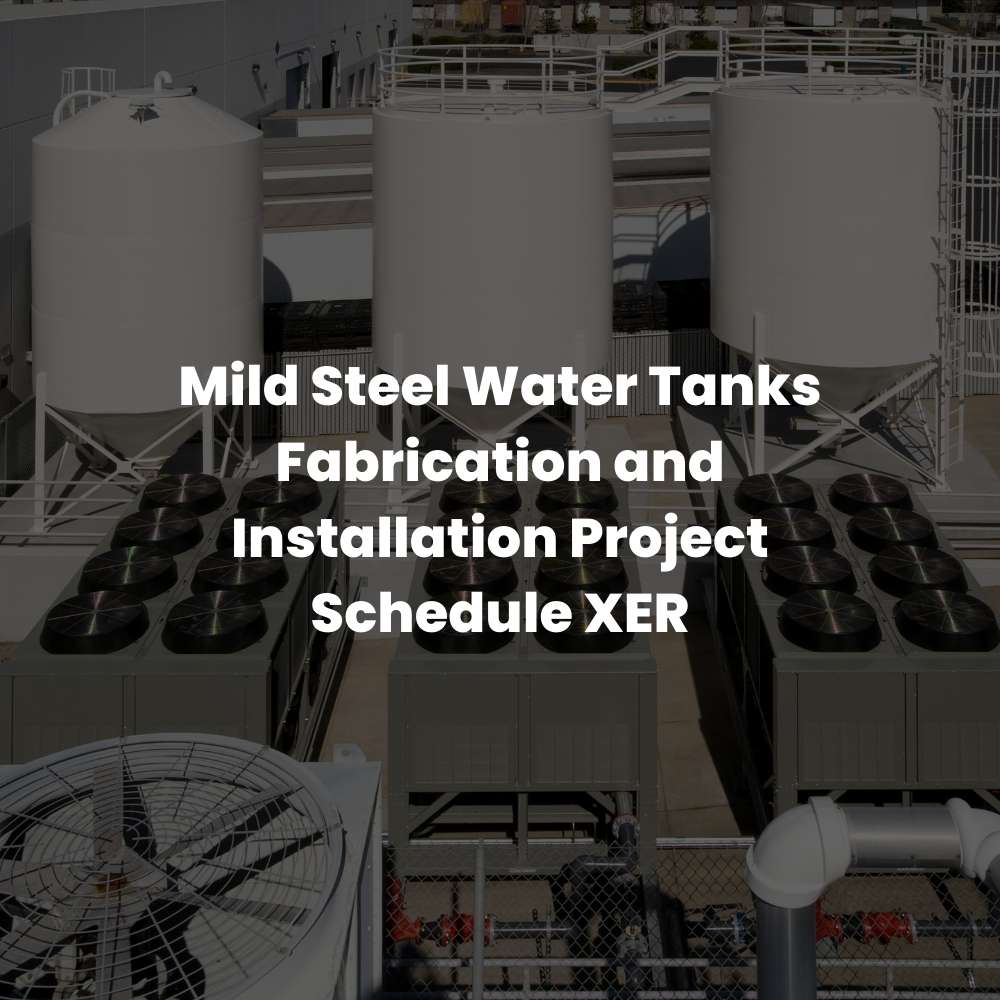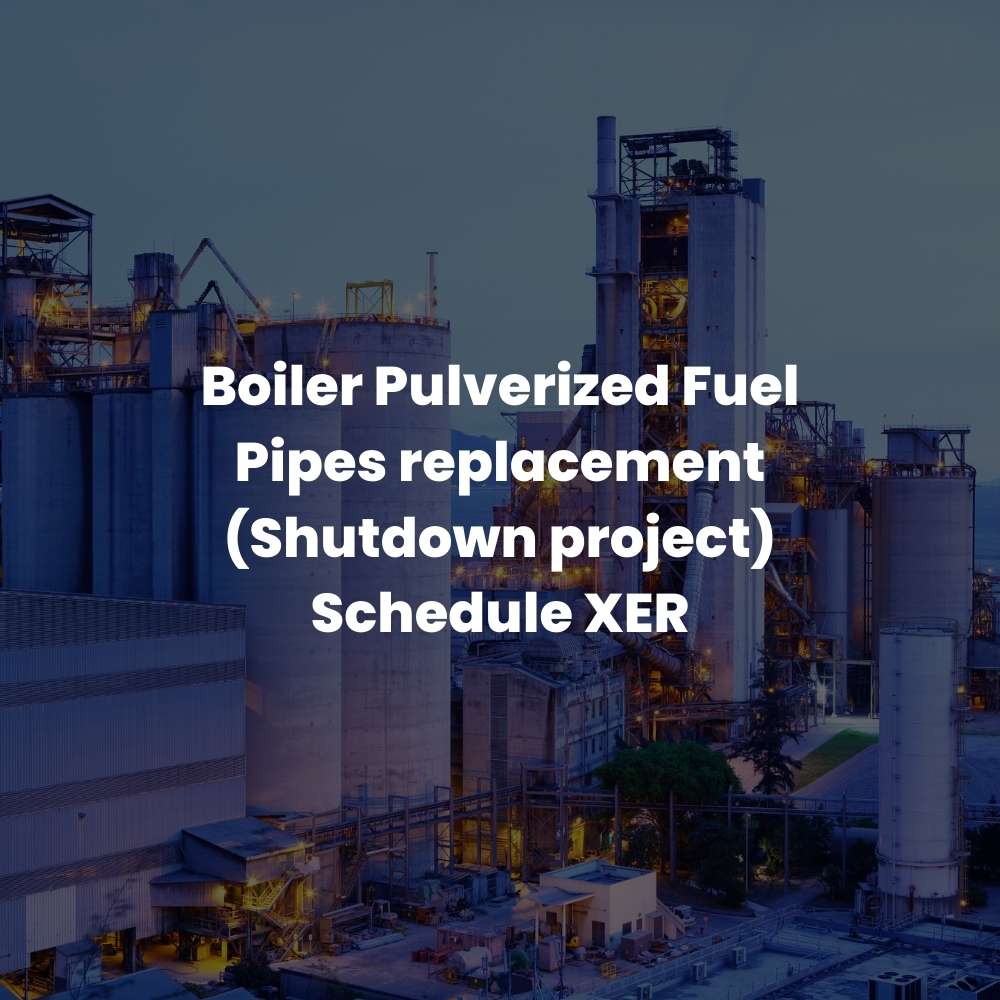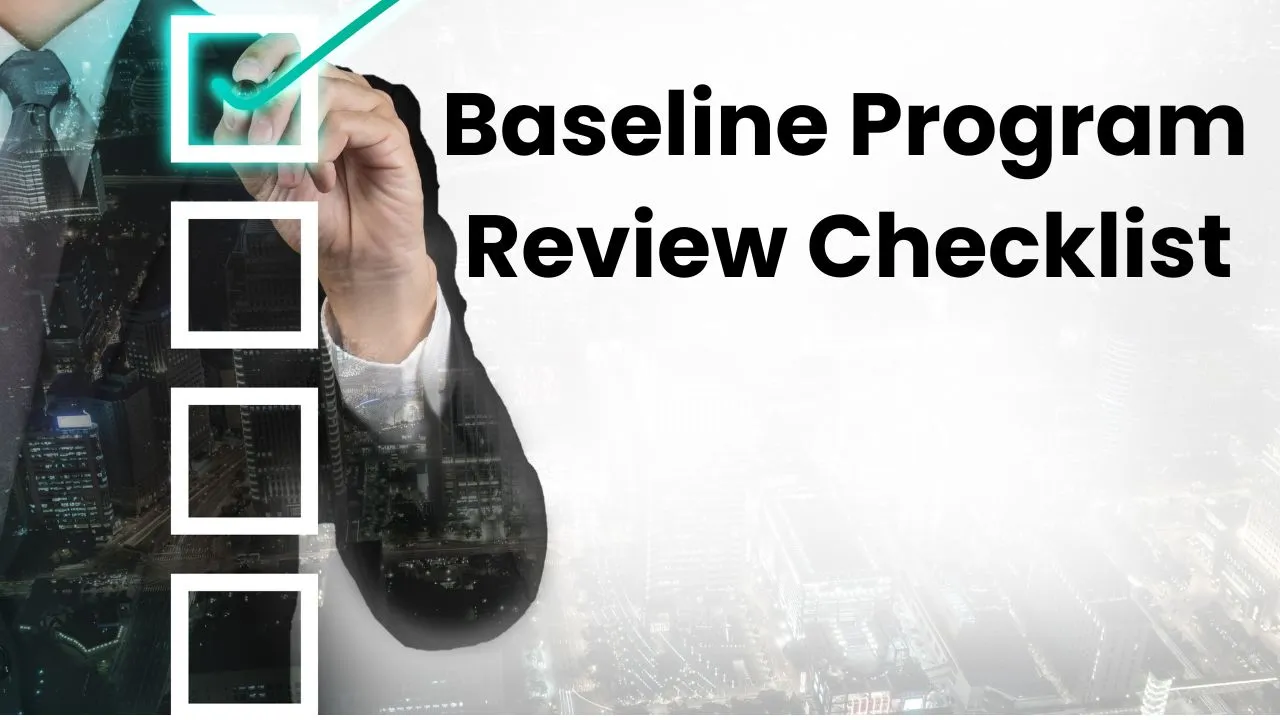Introduction
Ensuring the success of a project requires meticulous planning and rigorous compliance with contractual obligations. The Project Baseline Program Review Checklist is designed to help project managers and teams stay on track and meet all necessary requirements. This comprehensive guide covers key areas such as contract compliance, schedule verification, deliverables, activity analysis, and more.
Contract Compliance
Schedule Identification
Ensure the project schedule is clearly identified with the correct project name, contract number, and version. This step is crucial for maintaining clarity and avoiding any miscommunications.
Submittal Contents
Verify all required documents and data are included in the submittal package. Incomplete submissions can lead to delays and contractual issues.
Contract/Schedule Completion Date
Confirm that the planned completion date aligns with the contractual requirements. This helps in ensuring that project deadlines are met without any legal implications.
Time/Seasonal Restrictions
Identify any time-of-year or seasonal restrictions that could impact project activities. Planning for these in advance can prevent unexpected delays.
Substantial Completion Date
Verify the substantial completion date and ensure it meets the contract requirements. This milestone is critical for project closure and client satisfaction.
Regulatory/Permit Requirements
Ensure all regulatory and permit requirements are identified and included in the schedule. Non-compliance can lead to legal issues and project stoppages.
Milestones
Check that all critical project milestones are correctly defined and included. Milestones are key indicators of project progress and success.
Contract Access Restrictions
Review any restrictions related to site access and ensure they are reflected in the schedule. This ensures smooth operations without access-related disruptions.
Submission Timing
Confirm the timing for submission of documents and schedule updates. Timely submissions are essential for maintaining project momentum.
Work Breakdown Structure (WBS)
Ensure the WBS is detailed and aligns with the project scope and objectives. A well-defined WBS is the backbone of effective project management.
General Checks
Schedule Calculation
Perform a thorough calculation and verification of the project schedule to ensure accuracy. This helps in identifying any discrepancies early on.
Data Date
Confirm the data date used in the schedule is current and accurate. An outdated data date can lead to incorrect scheduling assumptions.
Out-of-Sequence CPM Calculation Rules
Review and adjust rules for out-of-sequence CPM calculations as needed. This ensures the critical path method calculations are correct.
Schedule Errors
Identify and correct any errors in the schedule logic or data entry. Errors can lead to project delays and cost overruns.
Imposed Finish Date
Verify any imposed finish dates are justified and correctly applied. This ensures realistic scheduling without undue pressure.
Total Tasks or Activities
Ensure the total number of tasks or activities is appropriate for the project scope. Too many or too few tasks can affect project tracking.
Insufficient Details
Identify any activities that lack sufficient detail and update them accordingly. Detailed activities provide clarity and better tracking.
Milestone Ratio
Check the ratio of milestones to ensure they are proportionate to the project size and complexity. An appropriate ratio helps in better project monitoring.
Deliverables, Submissions, and Procurement
Contractor Design Submission
Verify the contractor’s design submissions are complete and on schedule. Design submissions are critical for project approvals.
Submittal Duration
Confirm the duration allotted for submittal reviews is appropriate. This ensures that there is enough time for thorough reviews without delaying the project.
Submittal Contents
Ensure the contents of each submittal are complete and meet project requirements. This prevents rework and delays.
Procurement and Long Lead Items
Review the procurement schedule for long lead items to prevent delays. Timely procurement is essential for project continuity.
Fabrication Activities
Check that all fabrication activities are scheduled and detailed. This ensures that prefabricated components are ready when needed.
Fabrication Activity Detail
Ensure detailed fabrication activities are included and tracked. Detailed tracking helps in managing dependencies and timelines.
Activity Durations
General Check
Perform a general review of activity durations to ensure they are realistic and achievable. Unrealistic durations can lead to project delays.
High Duration Activities
Identify activities with excessively high durations and review their necessity and feasibility. Long durations need to be justified and manageable.
Zero Duration Activities
Verify the validity of any zero-duration activities and adjust as necessary. These should only be used for milestones and not for actual work.
Wet Weather Allowances/Buffer
Check for appropriate allowances or buffers for activities impacted by wet weather. This helps in maintaining schedule integrity during adverse conditions.
Activity Analysis
Activity Distribution Histogram
Analyze the distribution of activities to ensure a balanced workload across the project timeline. Balanced distribution prevents resource bottlenecks.
Mechanically Incorrect Dates
Identify and correct any mechanically incorrect dates within the schedule. Correct dates are crucial for accurate scheduling.
Actual Dates
Verify that actual dates for completed activities are accurately recorded. This ensures that the schedule reflects true progress.
Proper Activity Types
Ensure that activities are categorized correctly according to their types (e.g., task, milestone). Correct categorization aids in proper schedule tracking.
Proper Measurement of Activity Completion
Confirm that methods for measuring activity completion are accurate and consistent. This ensures reliability in progress reporting.
Missing Activity Descriptions
Ensure all activities have clear and complete descriptions. Descriptions provide clarity and aid in understanding task requirements.
Duplicate Activity Descriptions
Avoid duplication of activity descriptions to prevent confusion. Unique descriptions help in distinguishing between different tasks.
Activity Codes
Activity Code Structure
Review the structure of activity codes to ensure they are logical and comprehensive. A well-structured code system enhances schedule organization.
Activity Code Assignment
Verify that activity codes are correctly assigned to each activity. Proper assignment aids in tracking and reporting.
Duplicate Activity Code Definitions
Eliminate any duplicate activity code definitions to maintain clarity. Unique codes prevent data confusion and errors.
Blank Activity Code Values
Ensure no activity codes are left blank. All activities should have assigned codes for proper tracking.
Report Levels and Requirements
Check that report levels meet project reporting requirements. Appropriate report levels ensure accurate and meaningful reports.
Work Breakdown Structure (WBS) Codes
Missing WBS Definitions
Ensure no WBS definitions are missing and all are well-defined. Complete definitions provide clarity and better management.
Duplicate WBS Names
Avoid using duplicate WBS names to maintain uniqueness. Unique names prevent confusion and overlap.
WBS Assignments
Verify that each activity is correctly assigned to the appropriate WBS element. Correct assignments ensure accurate tracking and reporting.
WBS Definitions
Ensure that all WBS definitions are clear and understandable. Clear definitions aid in proper project understanding and execution.
Calendars
Calendar Review
Review the project calendar for accuracy and completeness. A well-defined calendar is essential for effective scheduling.
Holidays/Non-Working Days
Confirm that holidays and non-working days are correctly identified. This ensures accurate scheduling and resource planning.
Activity Calendar Assignments
Ensure activities are assigned to the correct calendar. Proper assignments prevent scheduling conflicts and inaccuracies.
Logic and Sequencing
Logic Review
Verify the logical sequencing of activities to ensure a coherent flow. Logical sequencing is crucial for a workable and efficient schedule.
Summary Activities
Review summary activities for accuracy and completeness. Summary activities provide an overview and help in tracking major phases.
Workable Sequence of Activities
Ensure the sequence of activities is workable and logical. A well-sequenced schedule ensures smooth project execution.
Missing Logic in Milestones
Identify and address any missing logic links in milestone activities. Complete logic links are essential for accurate milestone tracking.
Missing Predecessors
Ensure all activities have appropriate predecessors. This prevents gaps and ensures logical progression.
Missing Successors
Ensure all activities have appropriate successors. This ensures that all tasks are followed up appropriately.
Open Ends Logic
Avoid open-ended logic to maintain a clear project path. Open ends can lead to confusion and scheduling issues.
Float
Negative Float
Identify and address any instances of negative float. Negative float indicates schedule delays that need to be resolved.
High Float or Excessive Float
Review activities with high or excessive float for potential schedule adjustments. Excessive float can indicate inefficiencies.
Lag and Lead
Lead or Negative Lag
Check for the presence of lead or negative lag and ensure they are justified. Unjustified leads or lags can disrupt the schedule flow.
FS Relationship Positive Lags
Verify that Finish-to-Start (FS) relationships do not have positive lags. Positive lags in FS relationships should be avoided for accurate scheduling.
Large Lags as Separate Activities
Code large lags as separate activities to improve clarity. This makes the schedule more transparent and manageable.
Lags Not Overlapping Activity
Ensure lags do not overlap the associated activities. Overlapping lags can create scheduling conflicts.
Lags Longer Than Activity’s Duration
Confirm that lags are not longer than the activity duration. This ensures logical and realistic scheduling.
Non-Zero Lags
Check for and review any non-zero lags. Non-zero lags should be used judiciously and justified.
Constraints
Imposed Finish Date
Confirm the validity and necessity of any imposed finish dates. Imposed dates should align with project goals and constraints.
Free Float Constraints
Review the use of free float constraints to ensure they are appropriate. Free float constraints should not unduly restrict the schedule.
Expected Finish Constraints
Verify the accuracy of expected finish constraints. These constraints should be realistic and achievable.
Mandatory Constraints
Check for mandatory constraints and their impact on the schedule. Mandatory constraints must be justified and necessary.
Start On Constraint
Ensure start on constraints are correctly applied and justified. Start on constraints should align with project requirements.
Contractual Constraints
Review and ensure compliance with all contractual constraints. Contractual compliance is crucial for project success.
Critical Path
Critical Path Definition
Define and verify the critical path within the project schedule. The critical path determines the project’s shortest possible completion time.
Critical Path Continuity
Ensure the critical path is continuous and unbroken. Continuity is essential for maintaining project progress.
Percent Criticality
Verify the percentage of critical activities in the schedule. This helps in identifying and managing critical tasks.
Critical Path Reasonableness
Check the reasonableness and feasibility of the critical path. An unreasonable critical path can lead to project failure.
Multiple Near-Critical Paths
Identify any near-critical paths and assess their impact. Managing near-critical paths is essential for preventing delays.
Resources
General Checks for Labor and Cost
Conduct general checks on direct and indirect labor cost resources. Accurate resource tracking is essential for budget management.
Resource Level Schedule
Verify the resource leveling schedule for accuracy. Proper leveling prevents resource overloads and inefficiencies.
Resources Assignment
Ensure resources are properly assigned to activities. Correct assignments ensure that tasks are completed efficiently.
Missing Resources
Identify and address any missing resource assignments. Missing resources can lead to project delays.
Resource Congestion
Check for and mitigate resource congestion. Resource congestion can cause bottlenecks and slow down the project.
Milestone and Summaries with Resources
Review milestones and summary activities for resource assignments and ensure completeness. Proper resource assignment at these levels is crucial for project tracking and reporting.
By following this comprehensive checklist, project managers can ensure that all aspects of the project are meticulously reviewed and aligned with the contractual and project requirements, leading to successful project completion.
Leave a Reply
You must be logged in to post a comment.







